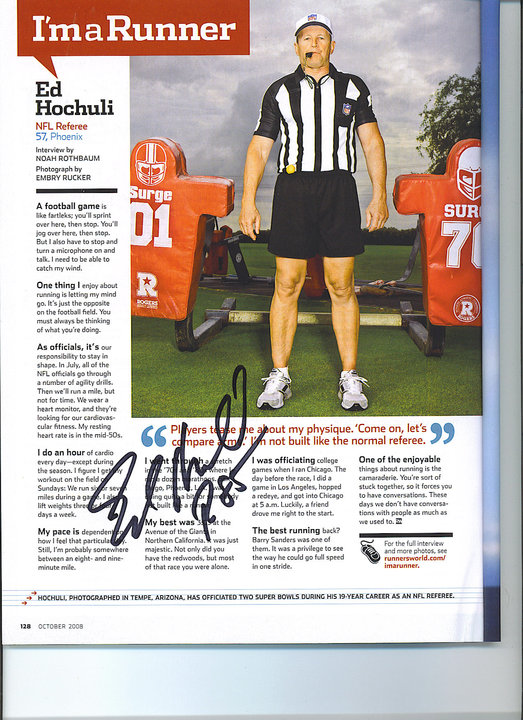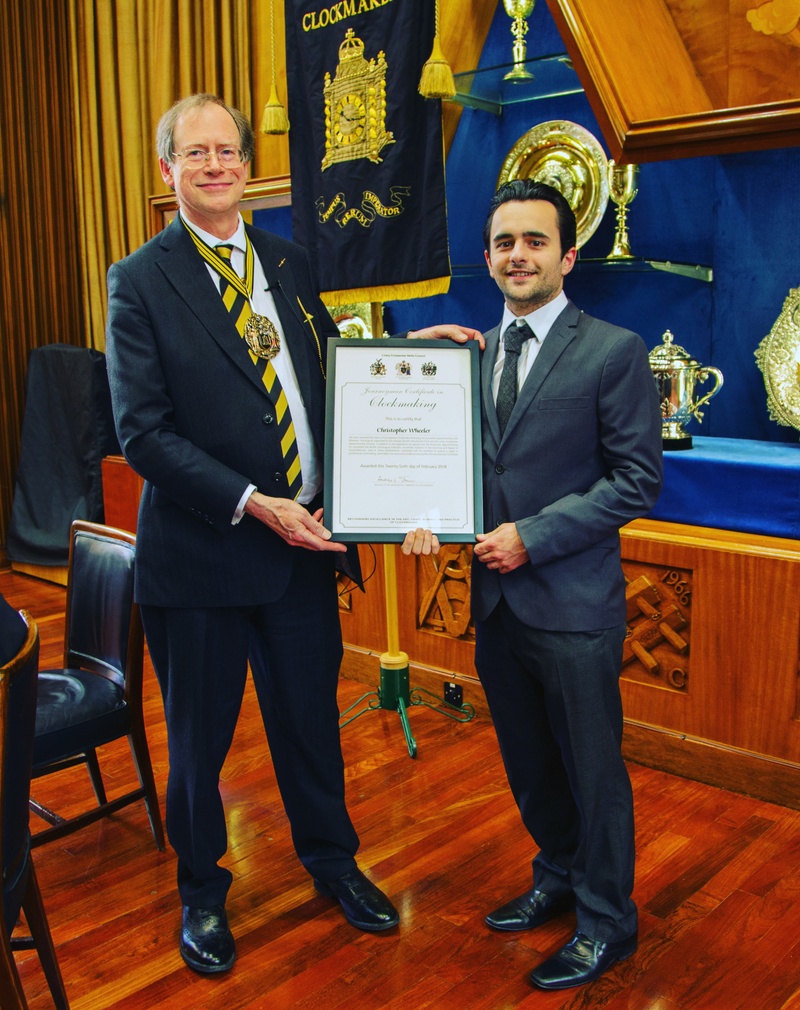

7 hours of supervised workshop practicals.1 hour of one-to-one meetings/tutorialsĪt level 5 you typically have around 16-17 contact hours per week, typically consisting of:.4 hours of external trips and visits (on average).8 hours of supervised workshop practicals.

In addition, you will have personal tutorials with your subject tutor.Īt level 4 you typically have around 18-19 contact hours per week, typically consisting of: You will be taught through a combination of lectures, seminars, external trips and visits*, and workshop practicals. International students must provide evidence of English language ability to Level B2 (IELTS 6.0), as well as equivalent level 3 qualifications.
Horology degree how to#
To guide you through the process of putting together your digital portfolio, we've put together our 6 top tips including how to select projects for inclusion, and formatting your portfolio. Where possible, applicants are encouraged to include a video of working on a practical exercise as part of the portfolio, of which the College can provide guidance if required (see below). If applicants cannot provide a portfolio, the College will provide a practical exercise that can be done remotely to asses mental agility and dexterity and suitability for this skills based programme. It could include sketchbooks, technical and material exploration, design work, project development from start to finish, detailed images of finished work. UCAS tariff points: 120 Completion of a level 3 qualification, for example: A-Levels, BTEC or Foundation Diploma in Art and Design.Īpplicants can be considered if they can provide evidence of prior learning and should provide a digital portfolio. You will be invited to a portfolio interview. The portfolio should evidence commitment to the discipline. Read more about studying horology, clocks and related objects
Horology degree professional#
Learn how to combine and use this knowledge when making treatment decisions as a professional practitioner. You will make your own clock before working on a range of historic clocks this bench-based activity is integrated with theory and professional practice. This foundation degree programme begins with practical exercises to help you establish hand and machine tool skills relating to historic craft practices in clock making. Scholarships and bursaries are available from £500 to £10,000 | Read more about fundingĮquip yourself for a career in clock making and working with dynamic objects, by acquiring the practical and technical skills, the theory, principles and techniques used in historic horological manufacture.
Horology degree full#
Online Q&A Thursday 15 June 5-6pm - Register your place Duration: Two academic years (36 weeks each year) full time


 0 kommentar(er)
0 kommentar(er)
